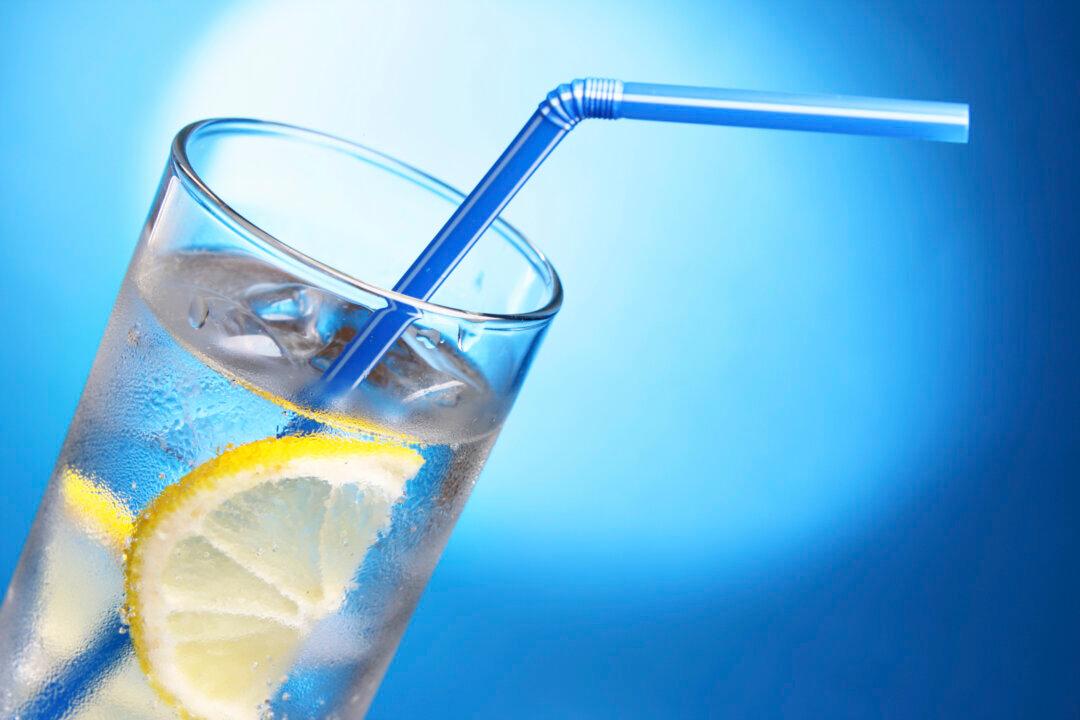A BBC Watchdog report found that ice that is served up by some fast food chains was contaminated with fecal bacteria.
More than half of the samples from the major chains---including Burger King, KFC, and McDonald’s---were contaminated with the bacteria, according to the BBC documentary. The investigation was made after it was revealed that ice from coffee chains like Starbucks also contained fecal bacteria.





